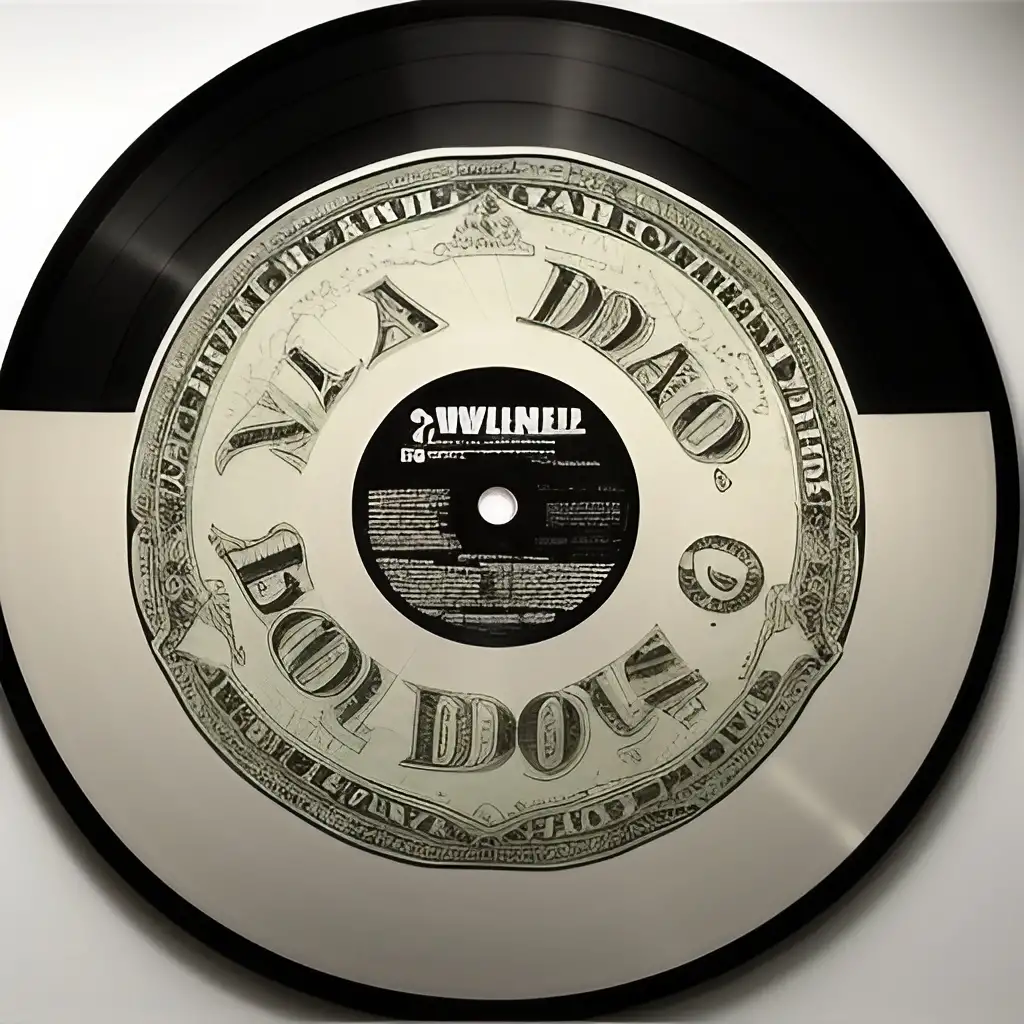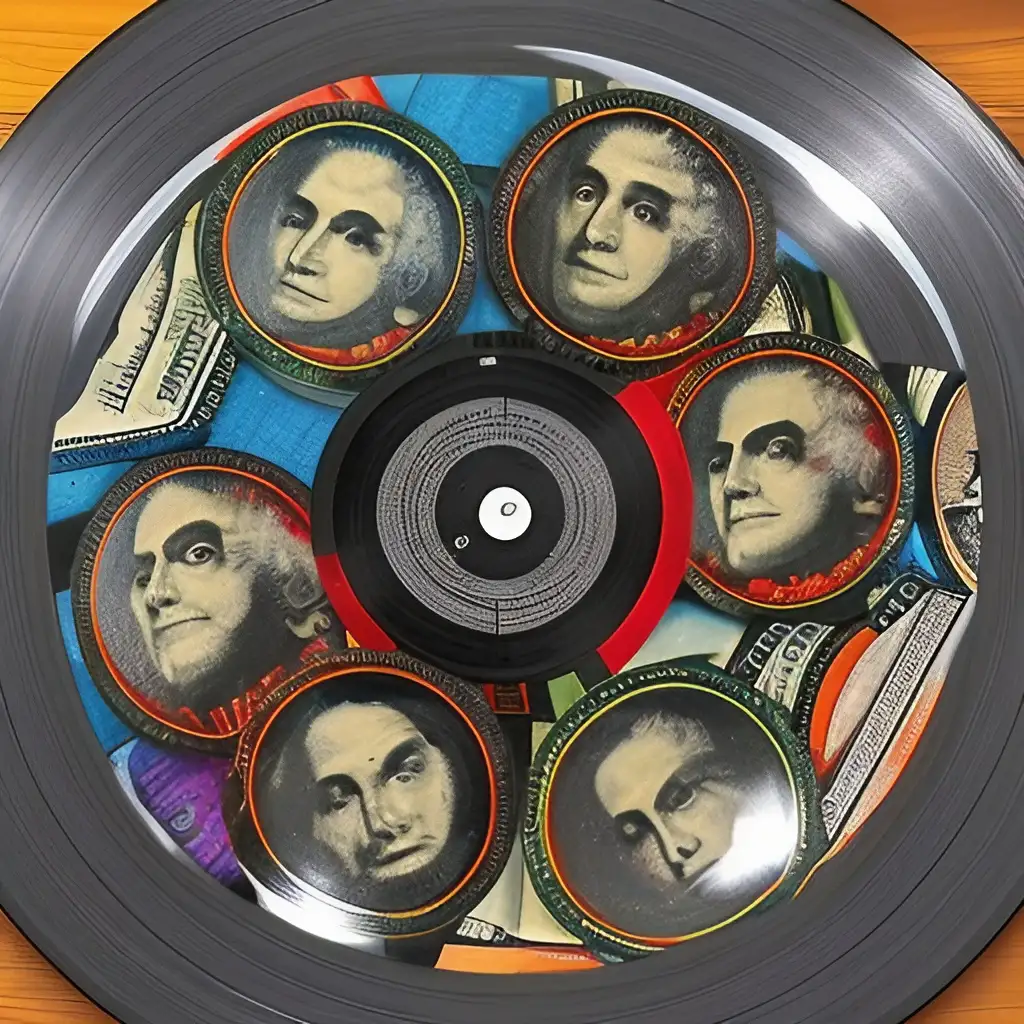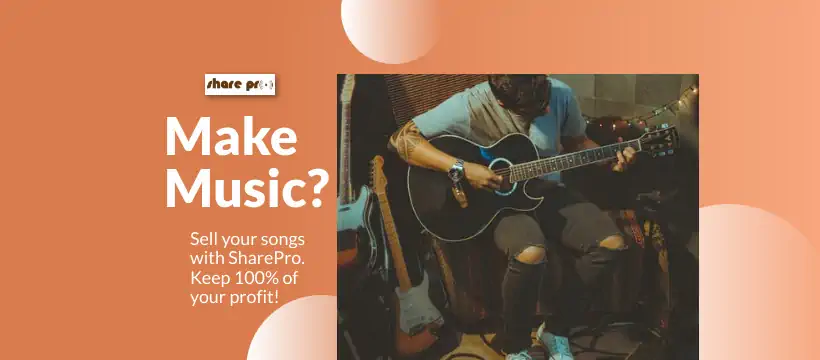What Is a Record Label Advance
Learn what a record label advance is and the good & bad about how to spend it.
If you’re going to be signed by a label or think there’s a record deal in your immediate future then firstly, congratulations! You are on your way to becoming a signed indie artist, many people do not get to where you have gotten, so soak it in.
Secondly, there will be parts about the record deal that you might not understand and before signing off your life to the label, you must understand what all the clauses and subclauses mean and entail.
Today, we’ll be taking a closer look at what a record label advance is. What does the advance mean, what its technical details are like and what you should do with it? So, if this an aspect of your record deal that you weren’t sure about, read on and by the end of the article, hopefully, you’ll be well-versed and knowledgeable about what it is and what you should do with it.
What exactly is a record label advance?
The advance is often a misconstrued component of any record deal. This is a monetary amount granted to the musician by the company to survive off of, while working on a record, which must then be repaid in full, from album sales before royalties can be claimed. In other words, it's a loan, not free money with no strings attached to be spent on frivolities.
Musicians are often free to do anything they please with advances. Some people spend the money to finance touring and advertise records, while others use it to purchase a home or a fancy vehicle. Whatever the money is spent on, the most crucial aspect of a record label advance is that it must ultimately be returned back to the company.
Hence, advances might be compared to loans in this way. Because the label expects repayment, they might withhold your future profits in order to reclaim the advance. Record companies sometimes withhold an artist's royalties or profit from music sales, concerts, merch, and so on in order to offset their expenditures.

Managing your money is important even more so when your music career is on the line.
How much advance can an artist expect?
Evaluating an artist's advance is a combination of art and science. The company will examine many different aspects when deciding your initial advance—the advance for the primary album you record with the firm as a part of a multiple-album agreement or the debut album under a solitary album deal.
Indie labels, in particular, will evaluate how much they can spend while still having enough money to advertise the album's music. When dealing with an independent label, choosing a lower advance in return for a larger promotional budget is the better option in the long run.
Bigger record companies will examine how much revenue they intend to spend on advertising as well as how many units they believe they can sell off your album in order to recover your advance and make a profit.
Of course, indie studios analyze sales possibilities as well, but for a lot of them, it's all about cash flow. Even if they believe you will sell a lot, they might not be able to afford a big advance to cover the cost.
This is where the art part comes in. Labels examine your commercial viability, which is based largely on your previous achievements, as well as your intentions for performing concerts, criticism of your music, and other factors. However, it remains a gamble because they have no idea if the advance will be too tiny, too large, or just right.
However, an educated estimate can be made, because an advance can range between a few thousand dollars to hundreds of thousands of dollars, so depending on the kind of record label you are working with, you might be able to hedge a guess.
Advances in multi-album deals
The aforementioned scenario was for a single album deal, however, sometimes record deals are often made for numerous albums. When this is the case then a mathematical algorithm will calculate the advance for each record.
This formula typically calculates the advance as a proportion of royalties collected on the prior album. The formula will normally include a minimum and maximum payment amount.
The amount is determined using sales from a certain area over a specific time period (e.g., sales in Canada for 5 months after the initial release). Once calculated, the formula is used for each album's release; for example, album two sales determine album three's advance, royalties from album three determine album four's advance, and so on. The benefit of this approach is that it rewards successful sales while discouraging excessive advances when sales are down.

Learning that your record label advance is essentially a loan should help you understand that it will be paid back out of the money your music earned.
What should you do with an advance?
First, off you should make payments to your team and everyone involved who has gotten you this far, if you have any accounts payable with them, you should write everything off and make the necessary payments. Next, you should file for taxes that the advance may be subjected to.
For this, you can think about hiring an accountant and a lawyer. The lawyer can also help with your record deal and the intricacies of your contract with the label. Next with whatever amount you have left over, you can come up with a monthly budget to see how you can pay for rent, food, insurance, utilities, and transportation.
Using your advance sensibly and apportioning it into a workable total per month, makes more financial sense than squandering the money you receive or making impulse buys. You can also just set the money aside and not use it, instead opting to wait for whatever sales revenue you get from the album that will be yours after you return the advance. That would be the ideal situation. However, making payments to your team and paying taxes can still be done, even if you plan on saving the rest.
The bottom line is to spend the money of the advance responsibly because it comes with a lot of strings attached and is not, in any way, shape, or form, a gift or a nonreturnable amount of money. You have to pay it back to the label, so spend wisely!
Article references: Roland | Omari | Liveabout | DJBooth
Blog Article Tags
record label advance music business company money budgetMore Articles
How to Get More Music Fans - 4 Secrets that Every Artist Should Know - 4 Secrets that Every Artist Should Know
7 Podcasts Indie Artists Can't Afford to Miss - Check out these helpful music related podcasts for indie artists.
The Best DJs and Producers of Nigerian Music - Explore today's most influential players in Nigeria’s vibrant music culture.
How To Successfully Sell Merch as an Indie Artist - As an indie artist, success can be yours with the right approach to selling merch.
Here's How Radio Stations Make Money - Discover the secrets behind radio station monetization.



